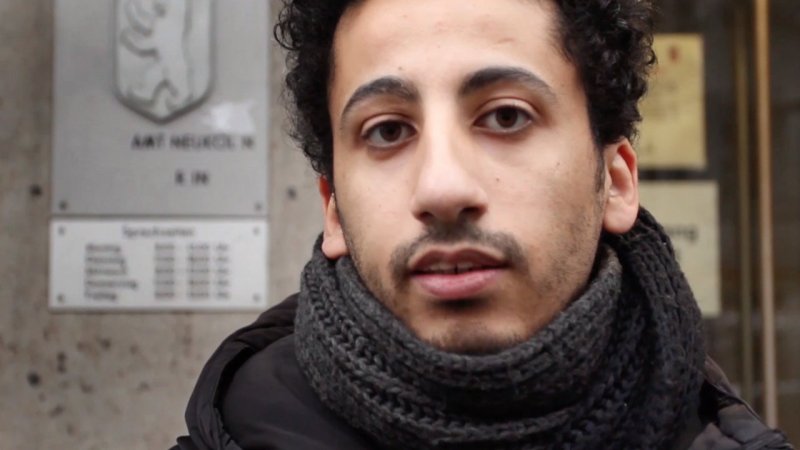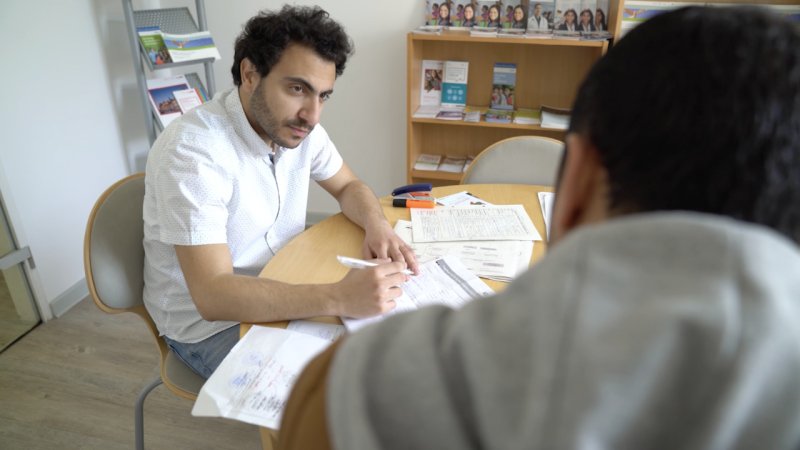Certified Copies
You have most probably heard the term "certified copy" ("beglaubigte Kopie") or the phrase "you need to have your documents/certificates authenticated" in Germany. In particular, when applying at university or the Civil Registry Office ("Standesamt"), you are required to submit a certified copy of your diplomas or documents. Here you can learn what a certified copy is and how you can make a certified copy of your documents.
Recognition of foreign certificates
If you have obtained your school or vocational qualification outside Germany, you can have it recognised here. Unlike vocational qualifications, your university/school qualifications may already be recognised: you can check the official portal Anabin to see whether your school, university, and degree are listed as recognised. You can read more about this in ‘How can I find out whether my qualification is categorically recognised?‘
In the recognition process, your degree is compared with a similar German degree. When your qualification is verified as an equivalent to the corresponding German degree, your diploma is "recognised", and you will have better chances in the job market.
All people with foreign qualifications have the right to this recognition process- it does not matter what residence status or nationality you have.
Please note: People who are still abroad sometimes have to provide relevant documents (e.g., training place, job offer) to prove that they intend to pursue vocational training or employment in Germany. If that is the case, you can also have your professional qualifications recognised in Germany.
*This information page has been updated with the support of the IQ Network NRW.
Visa and residence permit for the recognition of professional qualifications
Recognition of foreign qualifications enables those who have completed their training abroad to work in their profession in Germany. The recognition process takes place at the so-called "recognition offices "("Anerkennungsstelle"). However, foreign qualifications occasionally do not meet all the necessary criteria for full recognition. When that is the case, you can attend a qualification programme in Germany, such as a technical training course or a job-related German course. To participate in qualification programmes in Germany, you need a corresponding entry visa and must later apply for a residence permit in accordance with §16d Residence Act in Germany.
Good to know: If you would like to have your qualifications recognised in order to work in Germany, you can also apply for a residence permit in accordance with Section 16d (3) Residence Act. To do so, you must prove the job in question is a qualified job. (There are individual exceptions or exemptions for church work or care-related professions).
You can also obtain a residence permit if you wish to undergo a so-called “Qualifikationsanalyse” (qualification analysis) or take part in an examination in Germany. This type of residence permit is issued for a maximum of 6 months. You will usually also need A2 (CEFR) language skills, depending on your qualifications. In addition, you must be able to prove that you have already been invited to a ‘qualification analysis’.


